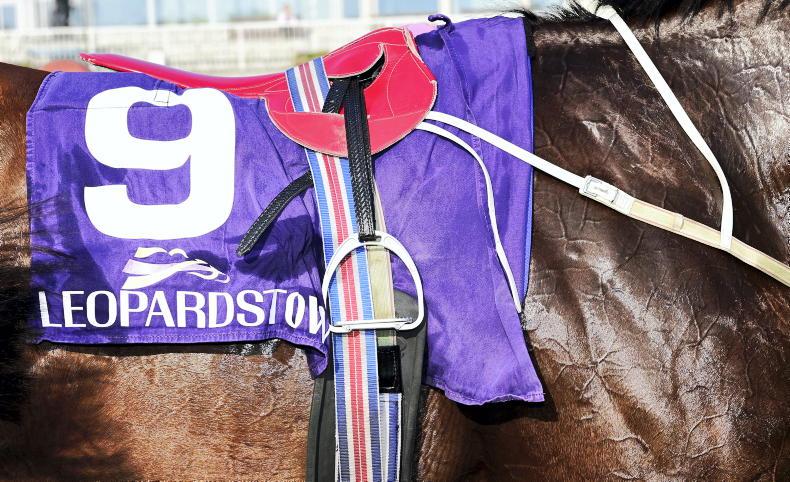Horse racing is a sport that’s steeped in tradition and excitement in equal measure. It’s a fusion of graceful thoroughbred racehorses and the thrill of competition. One aspect of horse races that often leaves racegoers wondering is how each racehorse is assigned its number in a race.
The seemingly random sequence of numbers adorning each horse’s silks carries more significance than you might think.
The difference between starting stalls and racehorse numbers
The number assigned to a racehorse’s silks is not directly linked to their starting stall number. It’s important not to confuse the two. The allocation of starting stall numbers occurs by a random draw. Racing officials will determine the order in which trainers can select the starting stalls for their horses.
The draw is typically a randomised process to ensure fairness, and trainers make their selections based on a string of factors, such as their assessment of the track conditions and their horse’s favoured racing style.
As for the racehorse numbers, these are assigned in different ways depending on whether the race is a handicapped event or not. In a handicapped race, the horse with the highest rating and carrying the top weight is given the number one. The numbers are then assigned in descending order, with the lowest-rated horse carrying next to no additional weight assigned the highest number.
In a non-handicapped race, horses are listed and numbered in alphabetical order, it’s as simple as that.
The role numbers play in sport and gaming
Numbers are ubiquitous in sports and the entertainment industry. They don’t just serve as mere identifiers, they become integral components, shaping the experiences of participants and audiences alike. In sports other than horseracing, athletes develop strong emotional attachments to specific numbers, and they become part of their identity with marketers and fans alike. The number on a jersey can symbolise a player’s position, honour a legendary predecessor, or carry personal significance, fostering a sense of unity and tradition within sports teams.
The world of online gaming extends the influence of numbers into the realms of iGaming too. In games of chance like roulette, the allure lies in the dance of numbers across the wheel. Each number carries its own probability, and some are emotionally attached to certain numbers like 7, 8, and 21, even though the roulette wheel picks numbers at random, no matter which type of RNG or live roulette game is played.
Numbers also play a huge role in the statistics of sports, providing a quantitative understanding of player performance and team dynamics. Whether it’s baseball batting averages, shooting averages in basketball, or xG in football, numbers encapsulate the narrative of a game, allowing fans to analyse, compare, and celebrate achievements.
Looking at other forms of entertainment, numbers are also influential in the world of live music and performing arts. From set lists and track durations to ticket prices, these are numerical elements that contribute to the rhythm of a live gig or theatrical production.
It’s clear to see that while numbers play an important role in horse racing and reading ‘the form’, they weave narratives throughout the entertainment industry which transcend their mathematical essence.




 This is a subscriber-only article
This is a subscriber-only article
 It looks like you're browsing in private mode
It looks like you're browsing in private mode










SHARING OPTIONS: